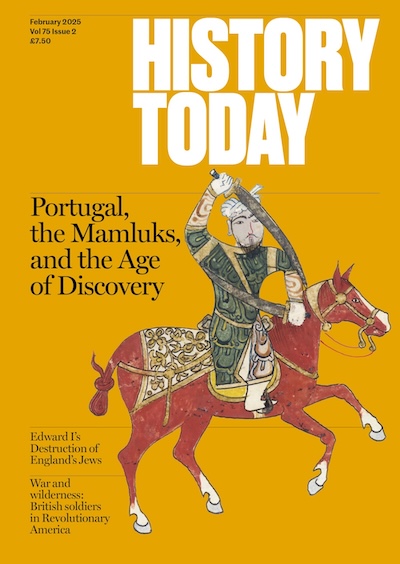William Cobbett and the Making of Modern England
Essentially a plain man, neither a visionary nor a revolutionary, William Cobbett, rustic tribune of the people, was first and foremost a gifted writer 'who happened to write about politics'.

The character of William Cobbett, so unpredictable in its manifestations, seems to acquire a sharper definition once he is seen in terms of the society he knew.
The mind of this risen peasant, political traveller, rustic haranguer and rural rider was an original one; he evolved his own ways of extending his power over the working people, which caused Hazlitt to name him as “a kind of fourth estate in the politics of the country.”
Through his writing Cobbett has become, far more than Daniel Defoe or Arthur Young, a symbol of the English past, both an embodiment of nostalgia and a part of living memory.
There is a commonly accepted notion of the man in which he is represented as a national folk-hero. It is interesting to enquire, therefore, whether he was not a far more complex and formidable person than the popular image of him, as a genial and talkative John Bull, would suggest.





